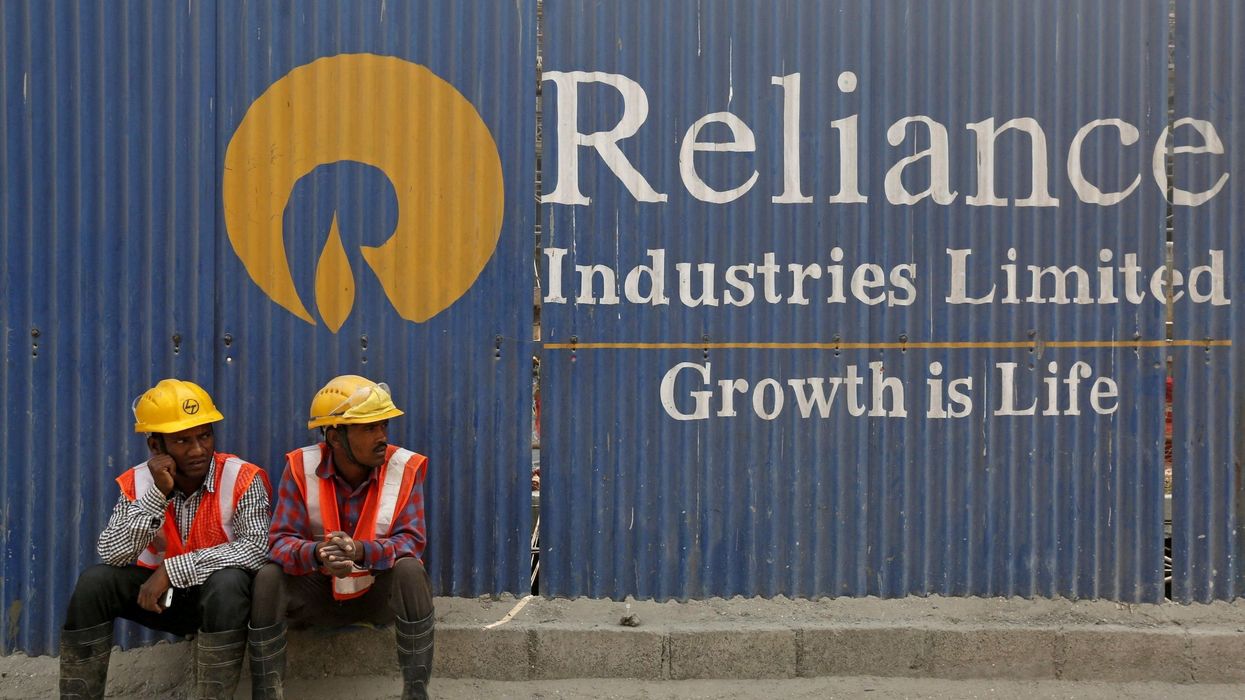RELIANCE INDUSTRIES and Softbank Group-backed Ola Electric will receive incentives under India's $2.4 billion (£1.83 bn) programme to boost local battery cell production after winning a tender, four sources said.
The winning bidders also include Hyundai Global Motors Company and Indian jewellery maker Rajesh Exports, the sources said on condition of anonymity.
India’s government last year finalised a programme to encourage companies to make battery cells locally as it seeks to establish a domestic supply chain for clean transport and renewable energy storage to meet its decarbonisation goals.
Ola Electric and Hyundai will get incentives for 20 gigawatt hours (Gwh) capacity while Reliance and Rajesh Exports have won incentives for five Gwh, the sources said. They did not give a financial value.
Reliance and Rajesh Exports did not immediately respond to requests for comment. Hyundai Global could not immediately be reached for comment.
An Ola spokesperson did not comment on whether it has won the bid but referred to an announcement made on Wednesday (16) on its local battery manufacturing plans. Ola Electric said it has appointed Prabhakar Patil, the former chief of LG Chem Power, to its board, and has plans to set up 50 Gwh of storage capacity.
Battery cell manufacturing is dominated by a handful of Asian companies, including CATL, LG Energy Solutions and Panasonic, which also export to Indian companies. The government wants domestic production and plans to establish a total of 50 Gwh of battery storage capacity over five years.
Ten companies submitted bids to manufacture a total of about 130 Gwh of storage capacity. These include automaker Mahindra & Mahindra, battery makers Amara Raja and Exide Industries, and engineering conglomerate Larsen & Toubro.
Some of the companies are already ramping up their plans.
Refining giant Reliance has acquired two battery companies for about $200 million (£152.54m) - UK-based Faradion, which makes sodium-ion batteries, and Lithium Werks, which manufactures lithium iron phosphate batteries.
Exide has entered into a long-term technical collaboration with China's SVOLT Energy to set up a plant to manufacture lithium-ion battery cells.
Reliance, Ola Electric ‘win incentives under India's battery scheme’




